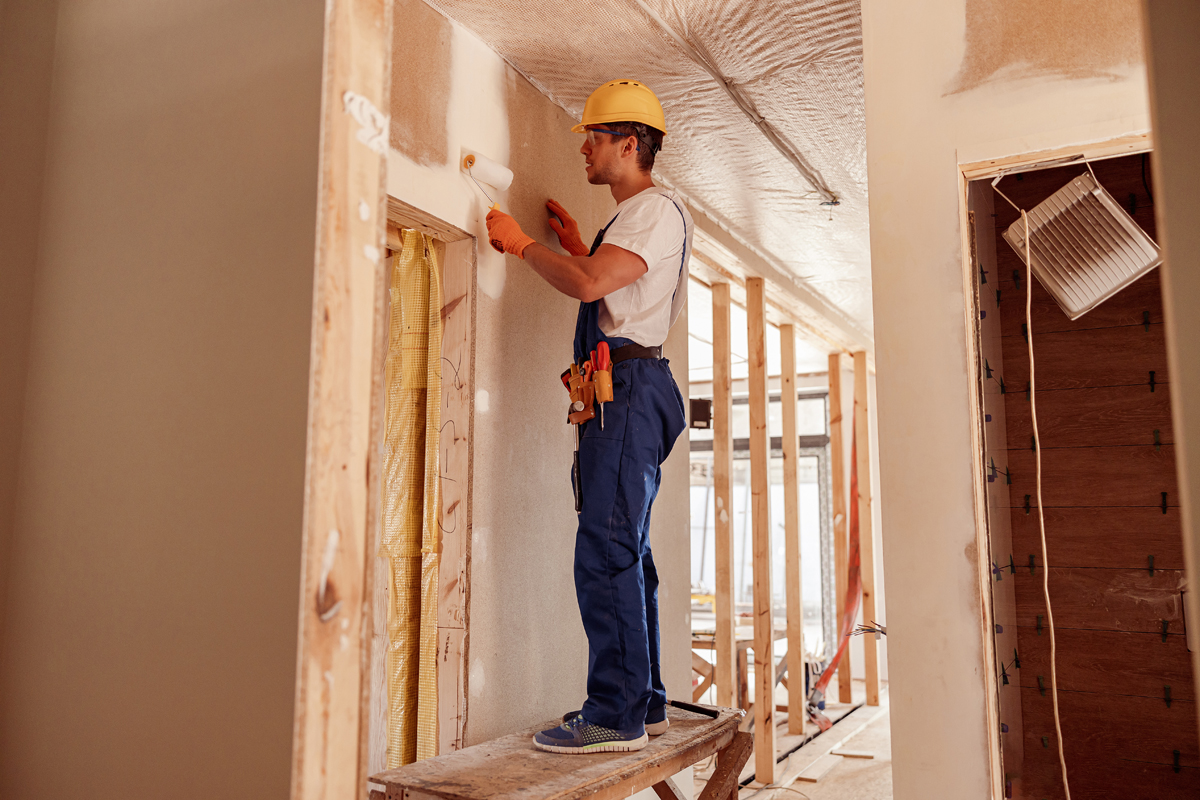
Flipping houses has never been a way to become rich quickly, but in the Phoenix Valley, it still pays off for investors who are patient, plan ahead, and have reasonable expectations. With a growing population and a sustained demand for new houses, 2026 is still a great time for anyone who are prepared to put in the work.
If you’re thinking of flipping your first house or planning your next endeavor, it’s helpful to know what makes the work worth it.
The Satisfaction of Transforming a Property
One of the best things about flipping properties isn’t simply the money you make; it’s the change itself. It can be really rewarding to take a property that looks old, worn, or neglected and make it into a clean, modern, habitable house.
Many investors will tell you that the best aspect of a makeover is when the new paint, carpeting, and fixtures finally make a house seem like a home.
You’re not merely fixing up a house. You frequently make the whole street better.
A lot of people want homes that are ready to move into.
A lot of people in the Phoenix Valley desire houses that are ready to move into right away. Not everyone has the time, money, or energy to do improvements on their own. That gives flippers a genuine chance to make money by making smart design choices and quality improvements.
The Chance of Getting Good Returns
The most important thing is to buy intelligently, plan your budget properly, and leave room for things that come up out of the blue.
Focusing on practical renovations, housing that is in popular demand and enhancements that add a degree of value not merely an improvement are great ways to move forward.
Skills That Will Help You in the Long Run
Each flip teaches you something. Investors who have been doing it for a long time still learn with each project.
As time goes by, you get better at:
seeing the potential in a property
more correctly figuring out how much renovations will cost
keeping track of contractors and deadlines
knowing what customers actually want
These abilities don’t simply help with one project; they set you up for future investments.
A Chance to Get Things Going
A lot of investors discover that one successful flip leads to another. Trust builds, processes get better, and ties with contractors, agents, and lenders are stronger.
In real estate, momentum is quite strong. You get better at managing projects and more confident as you get more experience.
Why Financing Matters More Than Most People Expect
Getting finance that suits your timetable and goals is one of the most important things for a successful flip. When your funding is set up correctly from the start, it’s lot simpler to deal with delays, holding charges, and repairs that come up out of the blue.
If you work with a lender who knows about investment homes, the whole process will go more smoothly and be much less stressful.
Take the First Step Toward Your Next Flip
If you’re considering of flipping a property in the Phoenix Valley, the Bradloans team will assist you look into financing alternatives that will work for your project.
Go to Bradloans.com right now to talk about your goals, look over loan plans, and receive the help you need to go forward with confidence.
Hard Money Lenders in Phoenix, AZ
When you are searching for hard money loans near me in Phoenix, Scottsdale, Glendale, Tempe, Mesa, Chandler, or Gilbert, Arizona; Brad Loans is Arizona’s most trusted direct hard money lender! We specialize in hard money loans for Fix and Flip, refinancing mortgages with bad credit, business loans secured by real estate, real estate purchases, short sales, and other endeavors with quick turnaround in the Phoenix Valley.
BradLoans.com is the most trusted direct hard money lender and private money lender in Arizona! We are the best hard money lender in Arizona with the ability to fund commercial & residential hard money loans many times within a couple of days or less. Our lending rates and fees are reasonable compared to other Arizona hard money brokers or mortgage brokers in Arizona.




